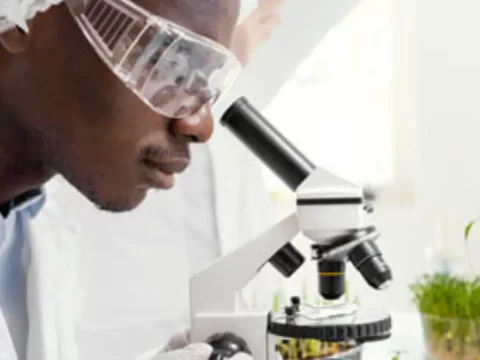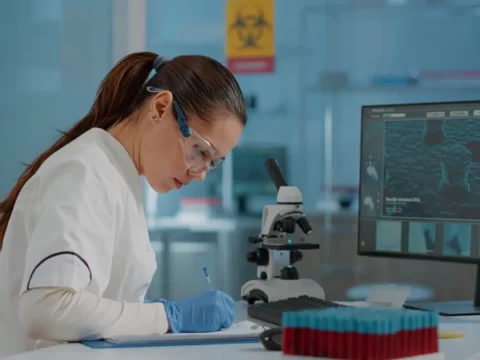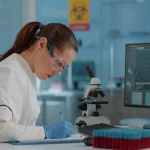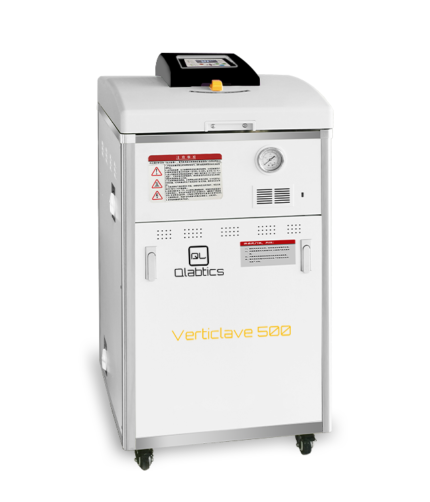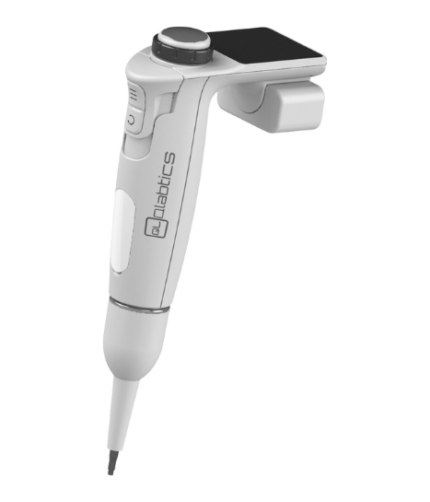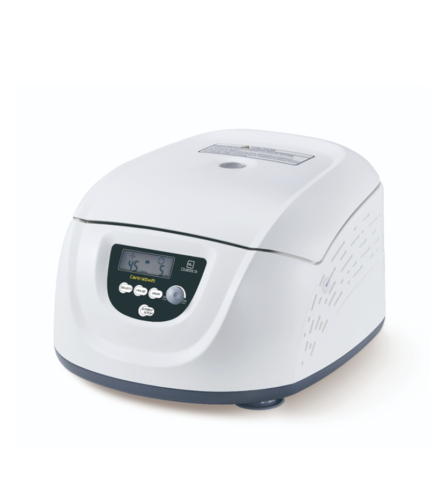In this blog, we’ll explore some best practices for scientific experimentation that can help improve the reliability and reproducibility of your results. We’ll discuss topics like experimental design, proper documentation, data analysis, and statistical methods. We’ll also cover some common mistakes to avoid when conducting experiments, such as failing to control for variables or using inappropriate statistical tests. By following these best practices, you’ll be able to conduct more robust and reliable experiments that can withstand scrutiny and contribute to the advancement of scientific knowledge.
Related Posts
The Advantages of Purchasing Laboratory Equipment from a Manufacturer in the USA
The United States is home to a thriving laboratory equipment manufacturing industry. Companies based in the USA produce a wide range of laboratory equipment, from basic supplies
26Apr
Efficient Sterilization with the VertiClave from Qlabtics: A Review of Vertical Autoclaves
Autoclaves are essential equipment in laboratories, clinics, and hospitals for sterilizing equipment and materials. There are different types of autoclaves, including horizontal and vertical autoclaves. In this
The Future of Scientific Labs
In this blog, we'll take a look at some of the exciting developments and trends that are shaping the future of scientific labs. We'll discuss topics like automation, artificial
The Importance of Laboratory Safety
As a scientific lab, safety should be your top priority. In this blog, we'll discuss why safety is so important and provide some tips on how to maintain a
Your Trusted Partner for High-Quality Laboratory Products
Are you tired of searching high and low for reliable laboratory products? Look no further than Qlabtics, your trusted partner for high-quality laboratory supplies and equipment.
The Ultimate Solution for Managing Your Lab Equipment
Are you tired of struggling to keep track of your lab equipment maintenance, calibration, and history? Do you want a solution that can help you manage all




